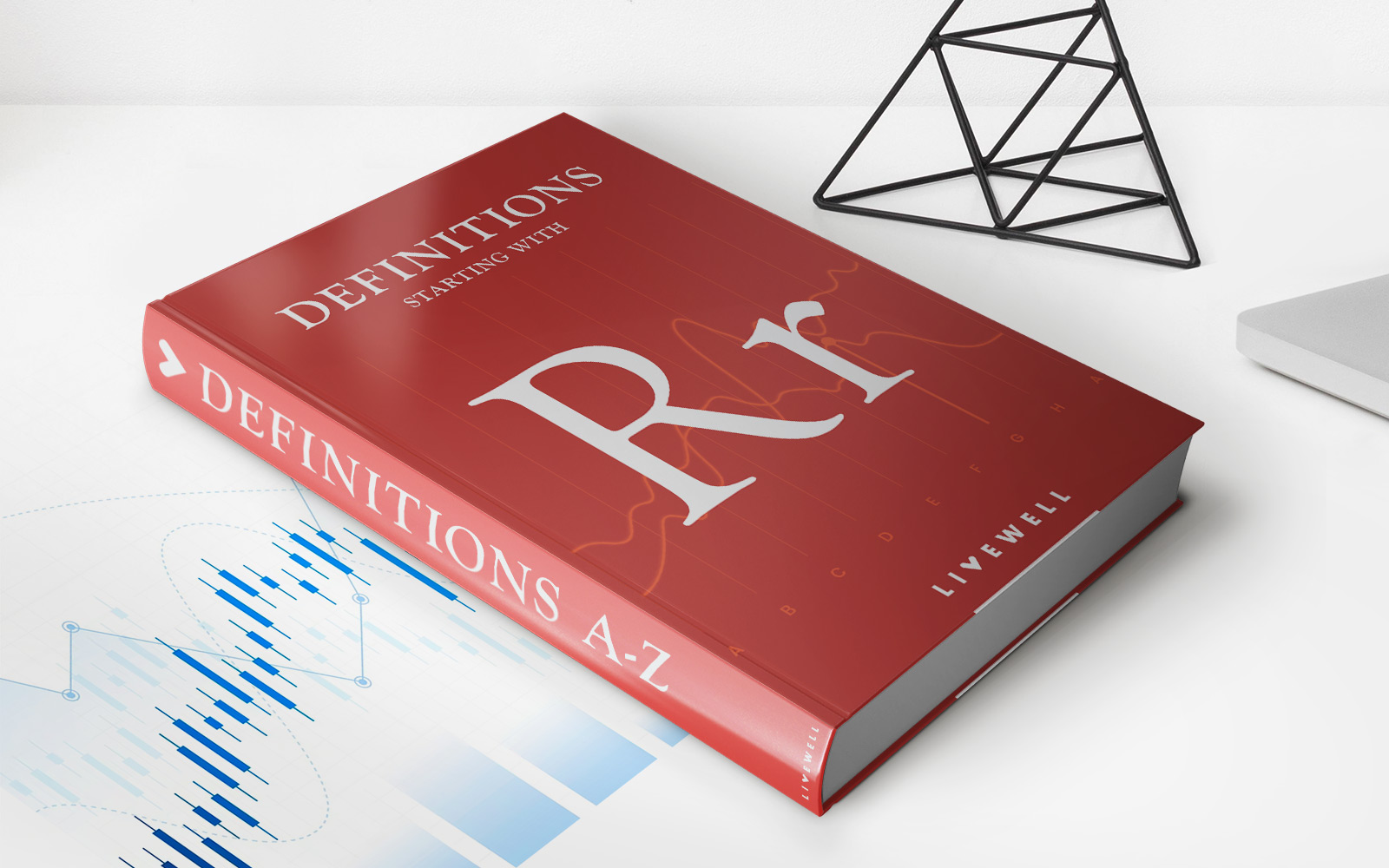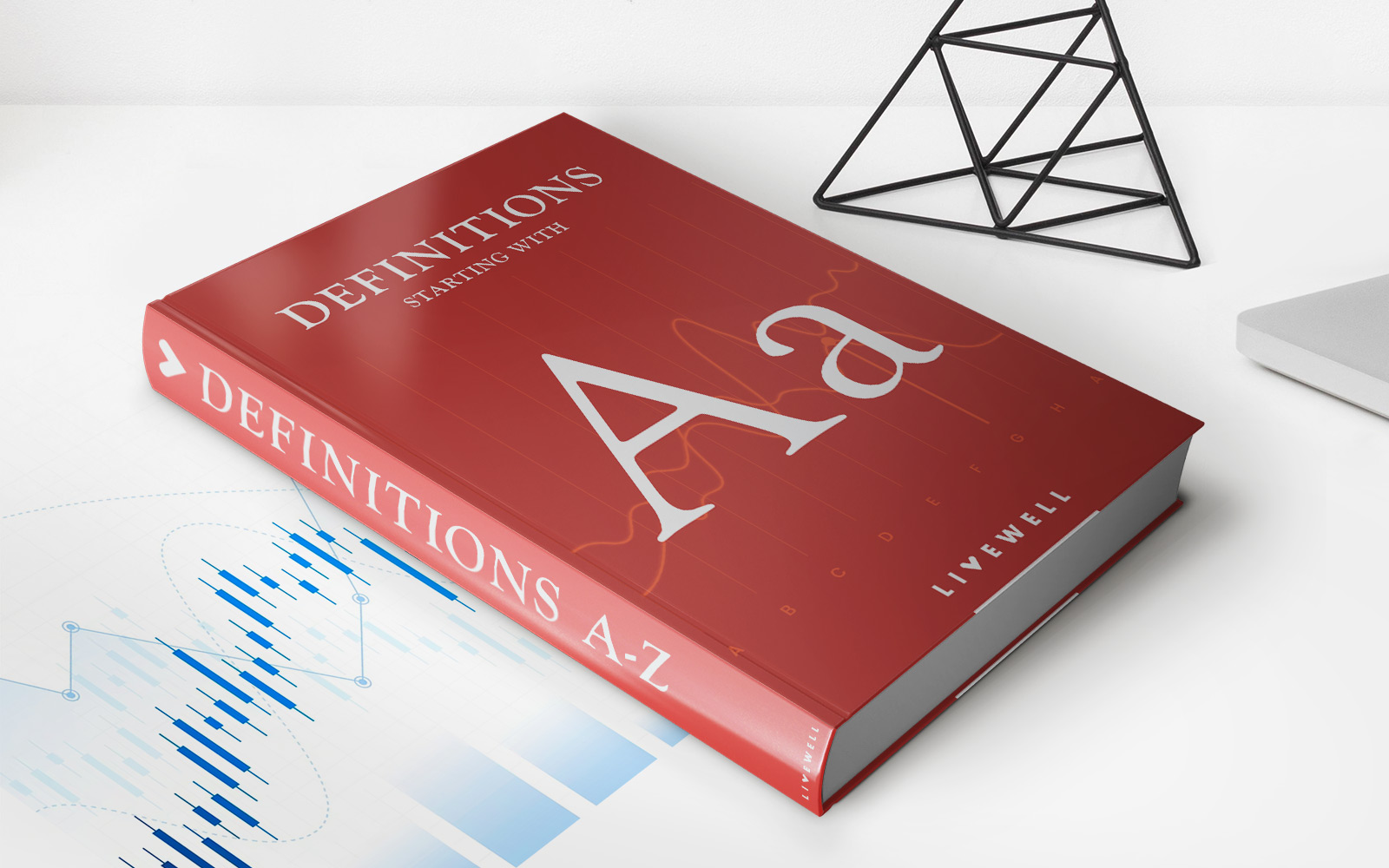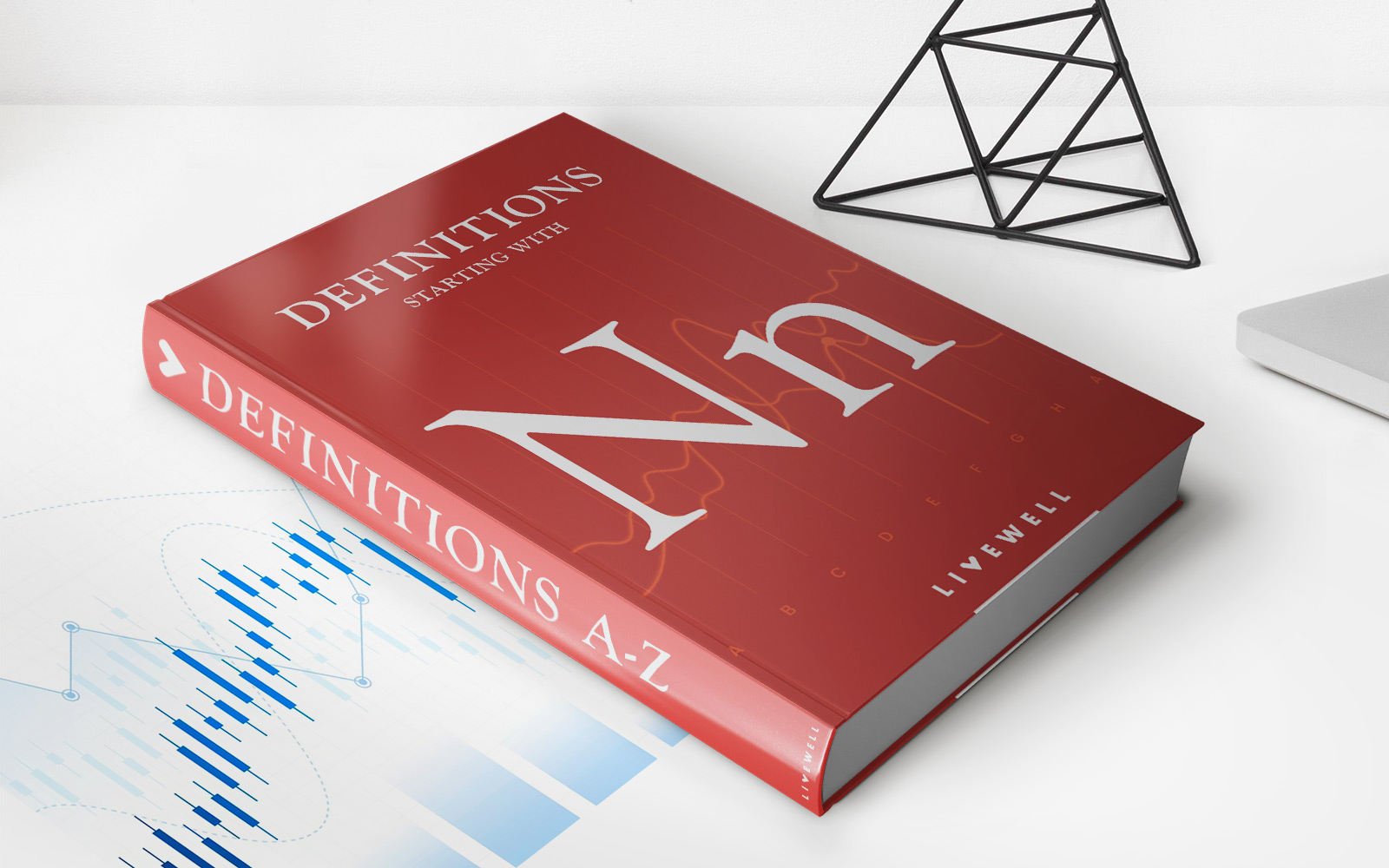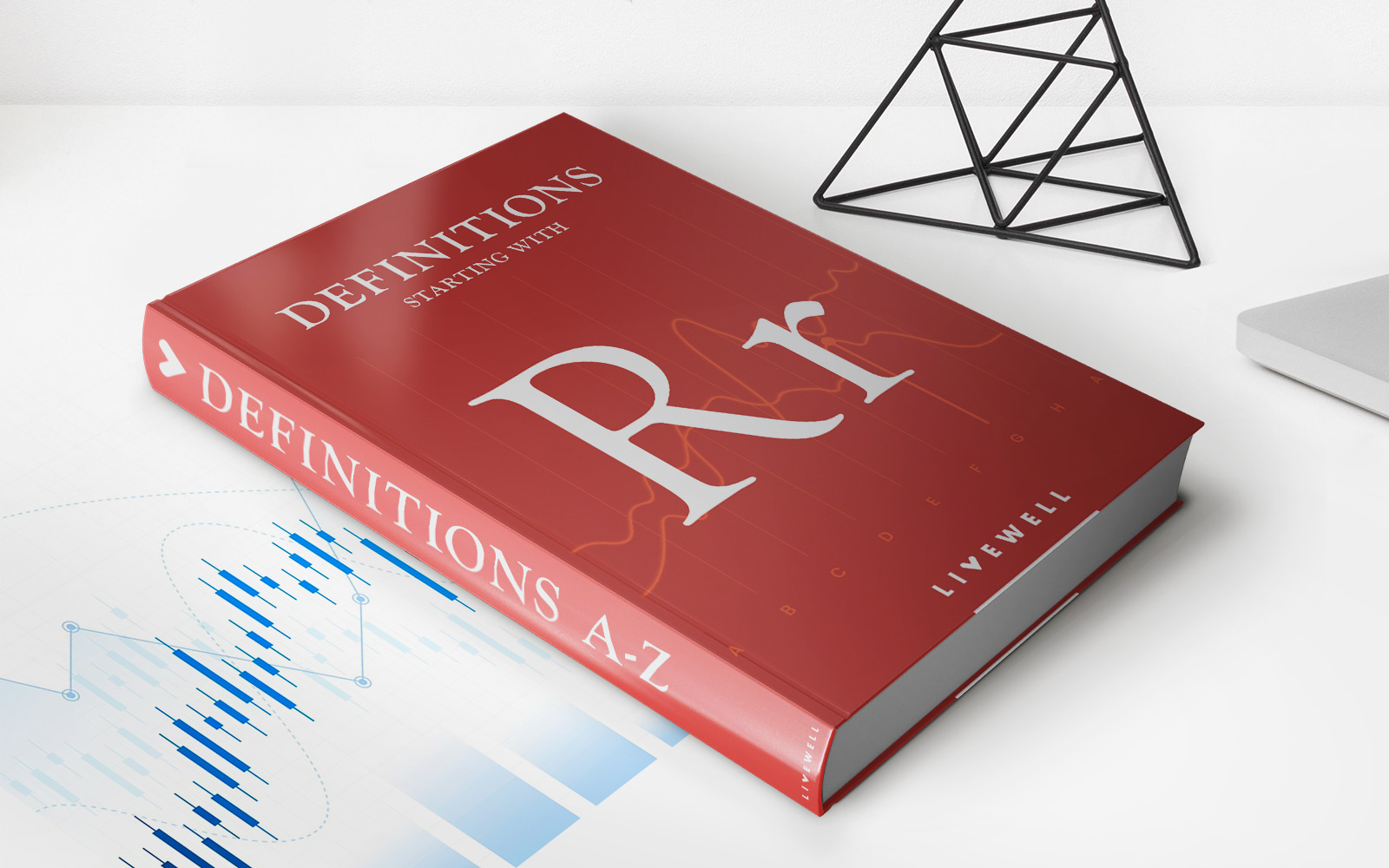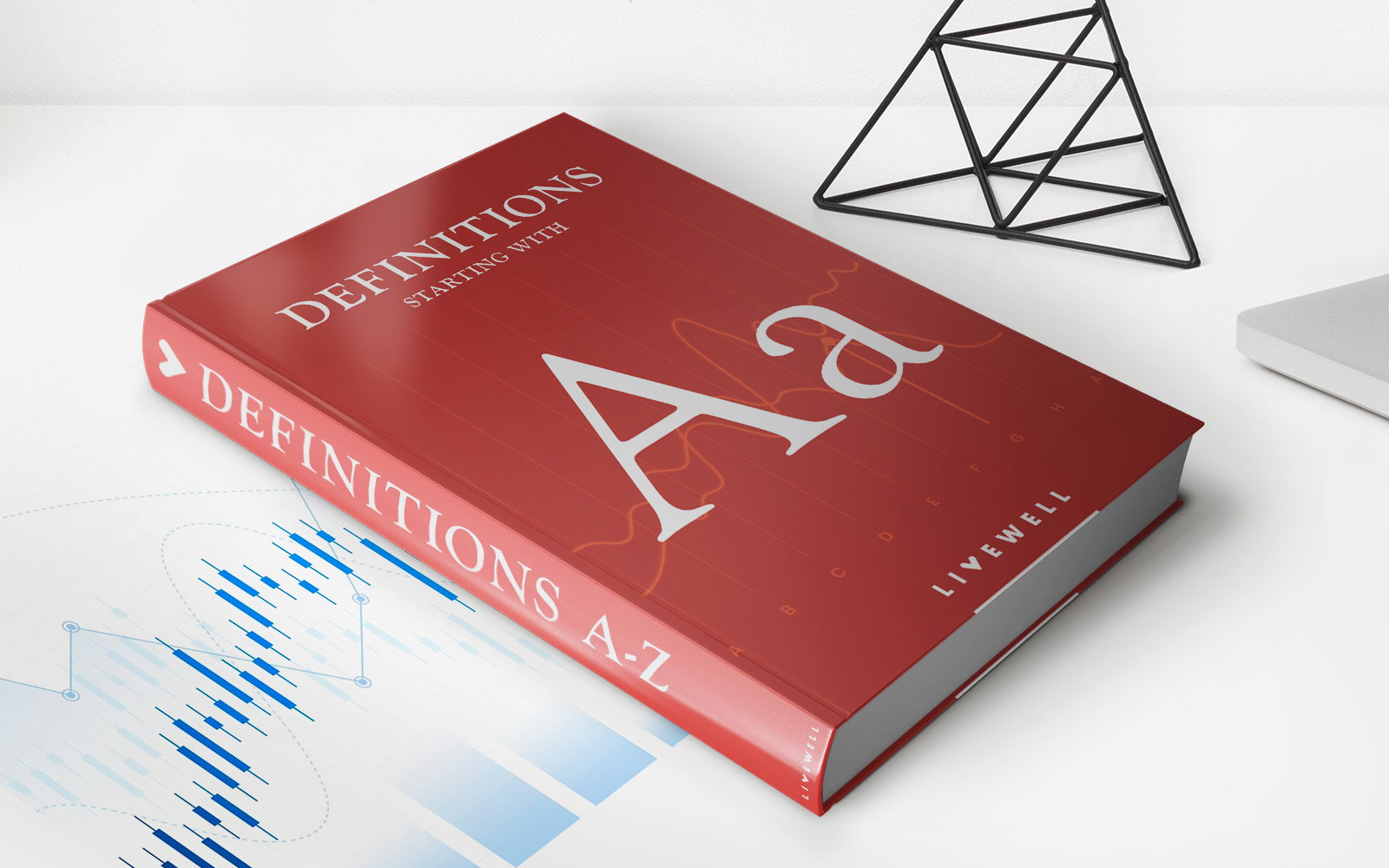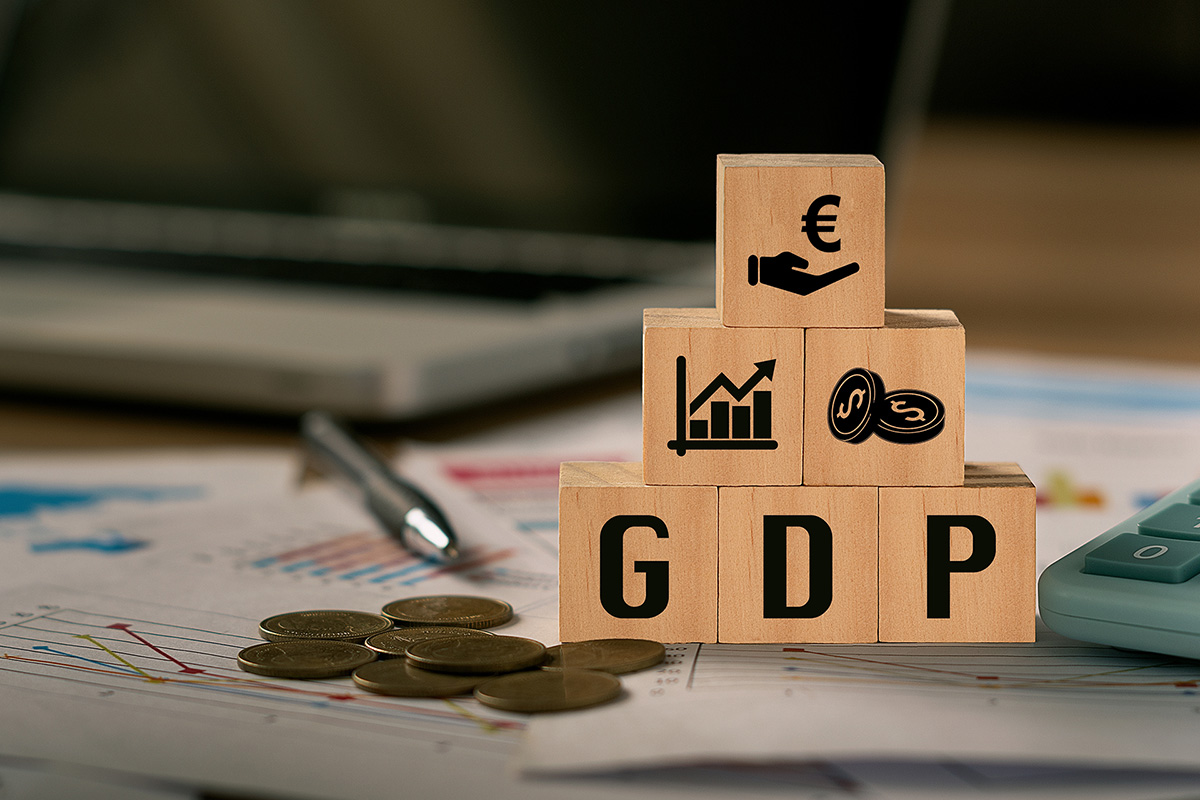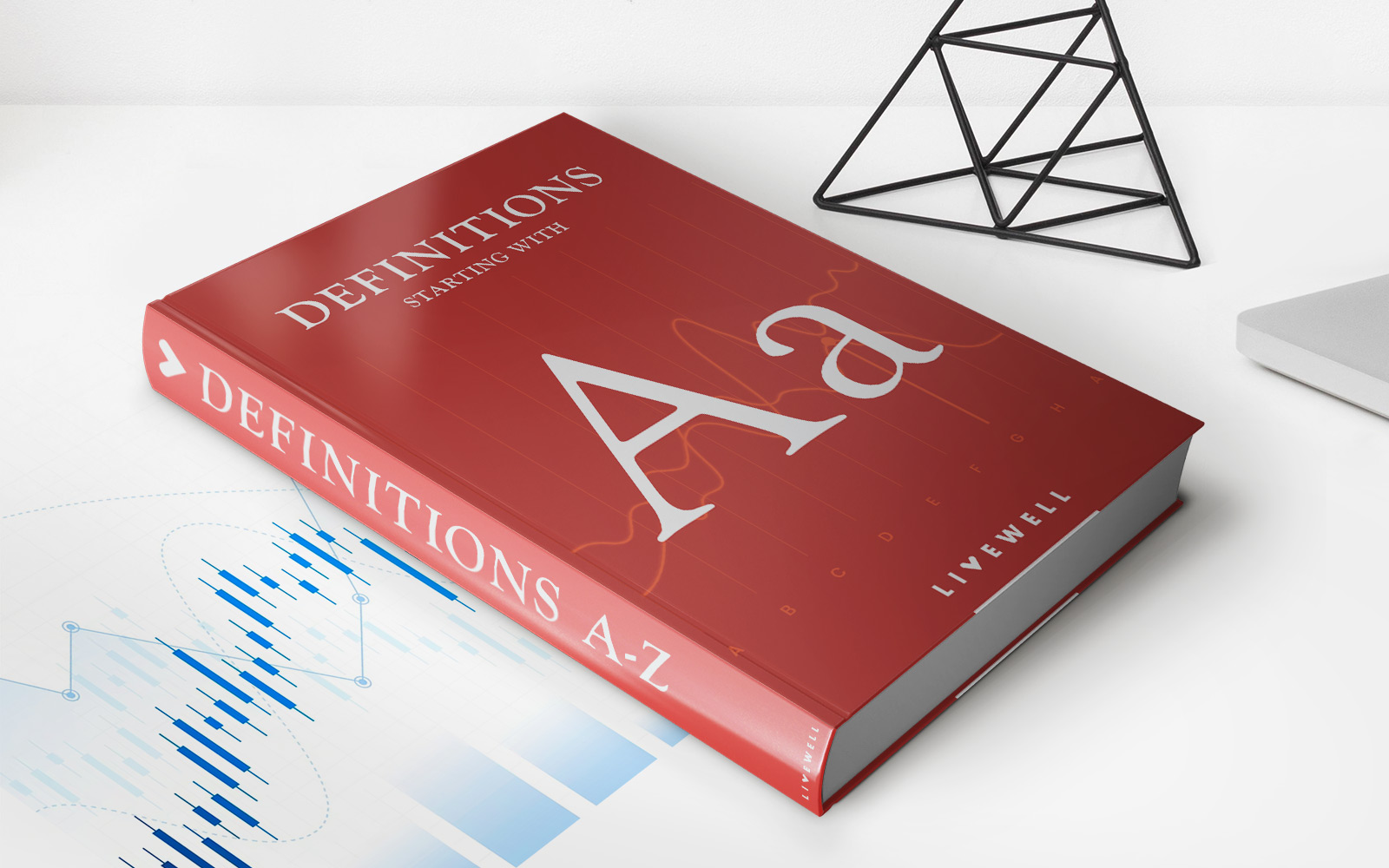

Finance
Valuation Period Definition
Published: February 15, 2024
Learn the definition of valuation period in finance and its significance for financial analysis. Discover how it impacts investment decisions and market trends.
(Many of the links in this article redirect to a specific reviewed product. Your purchase of these products through affiliate links helps to generate commission for LiveWell, at no extra cost. Learn more)
Understanding the Valuation Period in Finance
When it comes to managing your finances, understanding the concept of valuation period is crucial. Whether you are an investor, business owner, or even a student of finance, having a strong grasp of the valuation period is key to making informed decisions. In this article, we will delve into the definition of the valuation period, its importance, and how it impacts various financial aspects.
Key Takeaways:
- The valuation period is a timeframe during which the value of an asset or investment is assessed.
- It plays a critical role in financial decision-making, such as evaluating performance, determining market value, and understanding risk.
So what exactly is the valuation period? In simple terms, it is the period of time during which the value of an asset, investment, or financial instrument is calculated or determined. This could range from minutes to years, depending on the context and the nature of the asset or investment being evaluated.
Now, let’s dive into a few key aspects of valuation period that are important to understand:
1. Evaluating Performance:
One of the primary uses of a valuation period is to assess the performance of an investment or a portfolio. By comparing the value of an asset at the beginning and end of a defined period, investors can gauge the return on investment (ROI) and measure how well their investment has performed. This information can be particularly helpful in determining if an investment strategy is yielding positive results or if adjustments need to be made.
2. Determining Market Value:
The valuation period is also integral to determining the market value of an asset. Whether it’s a stock, real estate property, or business, the market value reflects the price at which a willing buyer and seller would transact. By using historical data and considering factors such as supply and demand, economic conditions, and industry trends, financial professionals can arrive at an accurate estimation of an asset’s market value.
Moreover, the valuation period is crucial in calculating the fair value of an asset for accounting purposes. It helps ensure that financial statements accurately represent the value of assets and provide a reliable basis for decision-making.
Conclusion:
Understanding the valuation period is essential in the world of finance. It enables investors to evaluate the performance of their investments, determine the market value of assets, and make informed decisions. By having a clear understanding of the valuation period, individuals can navigate the complexities of the financial landscape with confidence.
Key Takeaways:
- The valuation period is a timeframe during which the value of an asset or investment is assessed.
- It plays a critical role in financial decision-making, such as evaluating performance, determining market value, and understanding risk.
Whether you are a seasoned investor or just starting your financial journey, grasping the concept of valuation period will undoubtedly enhance your financial literacy and empower you to make sound financial decisions.
